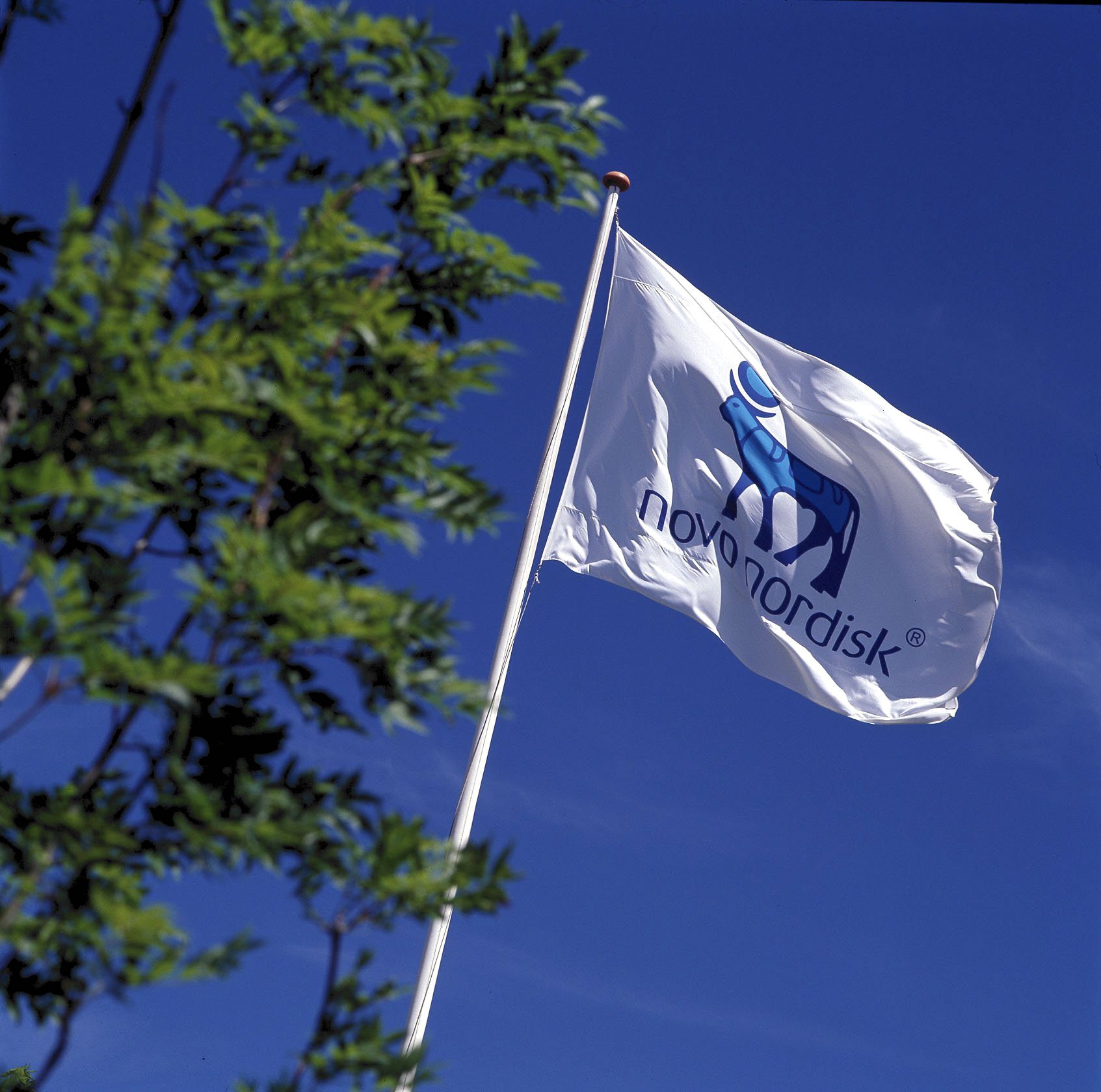Cost the barrier, but Novo not giving up on insulin pill, says CEO

Novo Nordisk has had a setback in its quest to develop an insulin pill, CEO Lars Rebien Sorensen has revealed, saying the drug would be too expensive for payers to stomach in its current form.
The company had been developing an insulin in a pill form for diabetes patients, but the project has been shelved for now as the medicine would be too expensive if approved.
Sorensen told the Financial Times pharmaceuticals and biotechnology conference in London that the pill requires 50 times more insulin inside it than an injection to allow it to be absorbed through the stomach.
The complexity of development and manufacturing would have driven up costs to a point where payers would be unwilling to reimburse the pill, said Sorensen, who is set to retire by the end of the year.
He told the conference in London: "The payers would tell patients to 'get on with your life and start the injection', at a fraction of the cost."
Novo and its competitors have seen their prices driven down in the all-important US market this year, with payers becoming increasingly price sensitive in the diabetes market.
Adding to this trend is the launch of the first Lantus biosimilars, a shift which raises the bar for new insulin products.
Novo has not given up on the idea of an oral insulin completely, but will have to go back to the drawing board to solve the dosing problem.
The pill may return in a new form if Novo can solve the problem of getting the drug to cross from the stomach to the blood stream, said Sorensen. "We have proved that it can be done," he added.
Sorensen echoed comments from other big pharma CEOs at the conference yesterday, that the price of drugs will remain an issue for years to come.
"It's not just good enough having great treatments, it's how you articulate their value to patients, society and the healthcare system," he said.
Other companies have attempted to provide alternatives to insulin injections, most notably by administering the drug through an inhaler.
MannKind has an inhaled insulin device, called Afrezza, on the US market but earlier this year Sanofi pulled out of a marketing partnership because of almost non-existent sales.
Around a decade ago Pfizer's Exubera inhaled insulin also proved to be a flop once on the market, hindered by concerns over safety and a large and cumbersome inhaler device that patients likened to a cannabis "bong".
Pfizer dropped Exubera after a year or so because of poor sales.
Novo Nordisk has in the past ruled out developing inhaled insulin products after seeing their poor performance.













